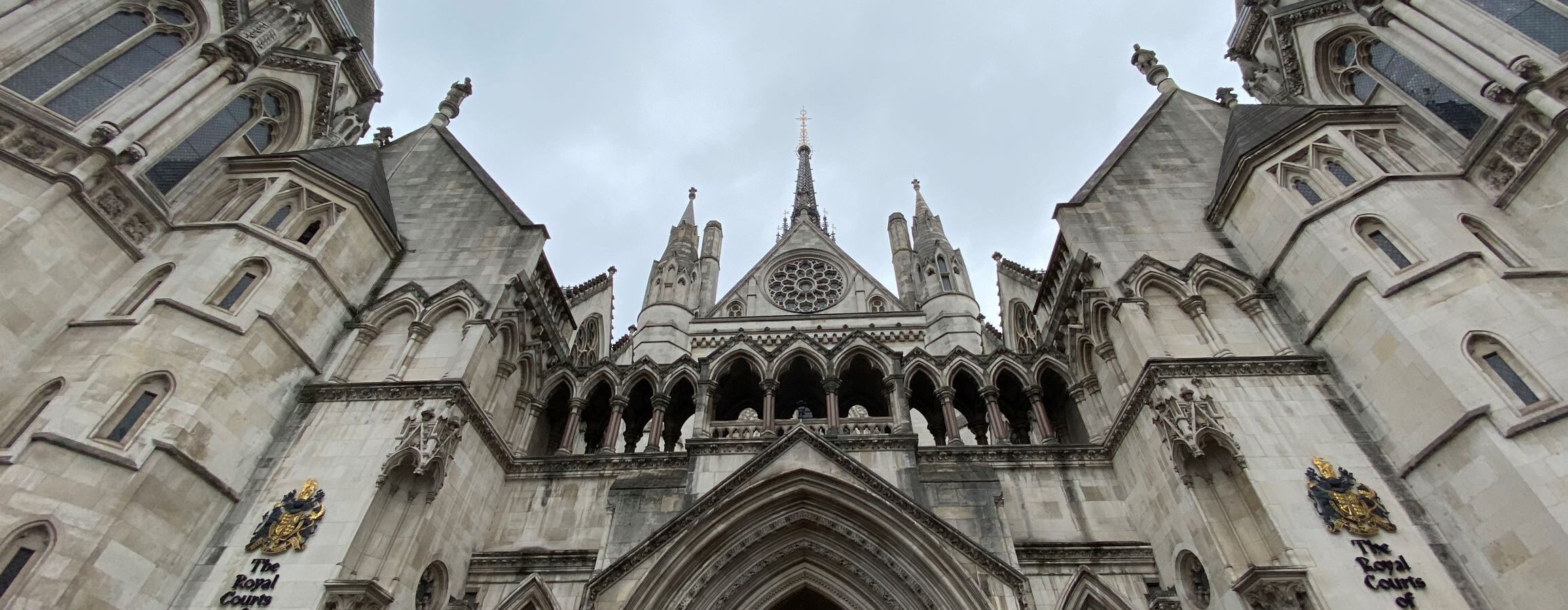S.45 Modern Slavery Act 2015 defence
Clarification of the burden of proof
R v MK: R v Persida Gega (aka Anna Maione) [2018] EWCA Crim 667
Two otherwise unrelated appeals were heard before the Lord Cheif Justice of England and Wales, the RT. Hon. Lord Burnett of Maldon, The Hon. Mrs Justice Andrews DBE* and the Hon. Mr Justice Martin Spencer.
Both appellants were Albanian nationals and both had raised the defence available to them under s.45 Modern Slavery Act, that they had been victims of trafficking.
Facts
The first appellant, MK was originally convicted of two offences; conspiracy to supply a Class A drug (cocaine) and being in possession of an identity document with improper intention. On 26 June 2017 she was sentenced to 8 years’ imprisonment on the offence of conspiracy and 5 months’ imprisonment on the second count, to run concurrently. In the same month the second appellant was convicted of a single count of possession of an identity document with improper intention. She was sentenced to 15 months’ imprisonment.
Both Judges at first instance came to the same conclusion as to the interpretation of the burden of proof in such cases:
- The defendant bears an evidential burden to raise the issue whether she was a victim of trafficking or slavery.
- Having successfully done so, it is for the prosecution to prove, beyond reasonable doubt, that she was not.
- If the prosecution succeeds in that, the section 45 defence will not avail the defendant
- However, if the prosecution fails in this respect, the legal or persuasive burden of proof in respect of the other elements of the defence falls on the defendant. Therefore, if the defendant is over 18 years old, she must prove on the balance of probabilities:
- That she was compelled to commit the offence.
- That the compulsion was as a direct consequence of her being or having been a victim of slavery or relevant exploitation.
- That a reasonable person in the same situation as her and having her relevant characteristics would have no realistic alternative to doing the act which constitutes the offence.
Court of Appeal
The CA concluded that this was wrong and that section 45 of the 2015 Act does not bear the interpretation of the judges at first instance.
It does not implicitly require the defendant to bear the legal or persuasive burden of proof of any element of the defence.
The burden on a defendant is evidential. It is for the defendant to raise evidence of each of those elements and for the prosecution to disprove one or more of them to the criminal standard in the usual way.
Leave to appeal was granted against conviction in the case of MK. The CA quashed the conviction ordering a retrial. The second appellant’s conviction was deemed to be safe in the face of overwhelming evidence in spite of the misdirection by the trial judge of the burden of proof.


